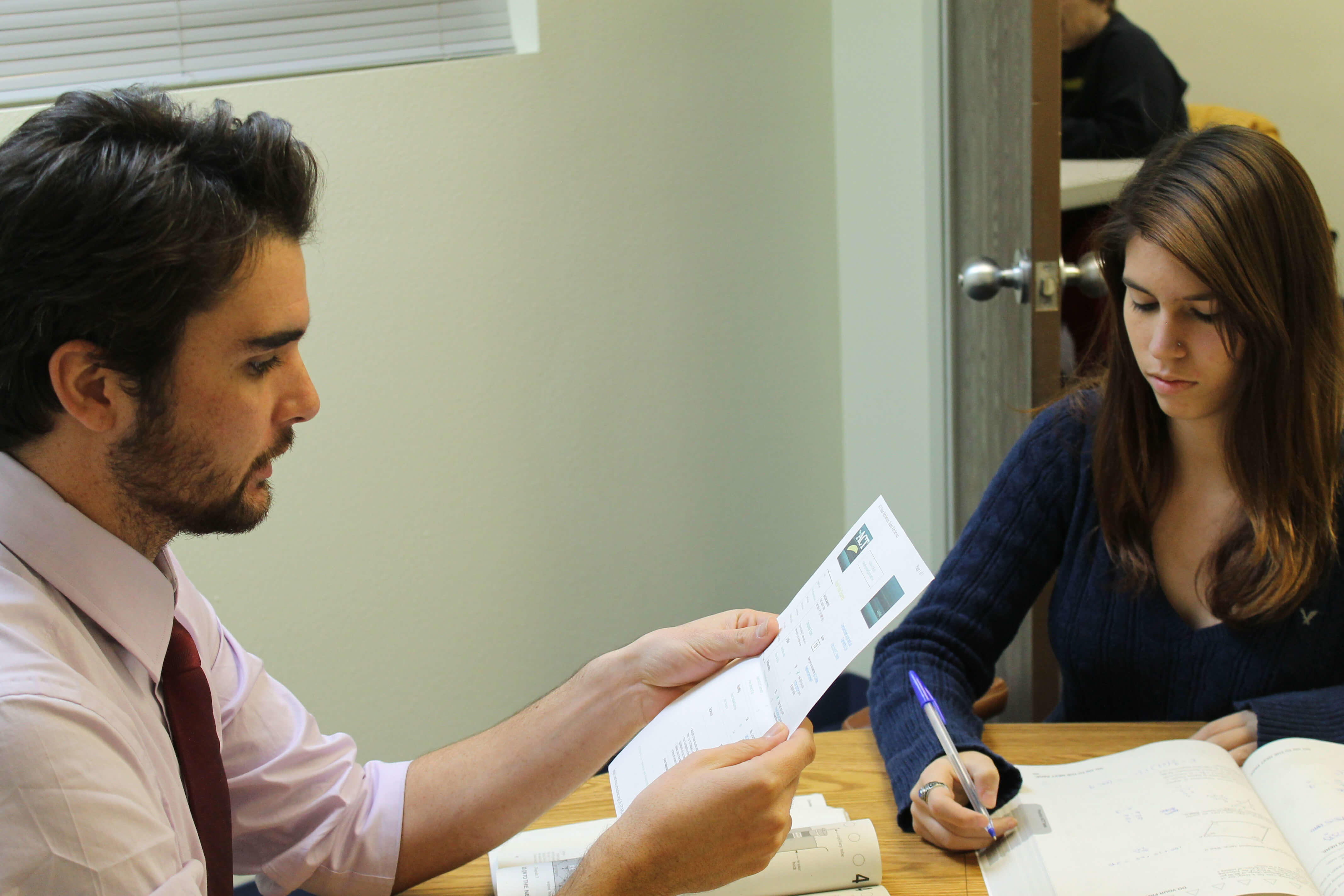For dyslexic children, learning English can be a real pain. However, children with learning disabilities can still learn to read, write, and speak English. In fact, a learner with reading difficulties can gain fluency in the language.
This is a lifelong condition that affects the reading abilities of a person. It is also the most common issue students have while trying to learn. According to some experts, the percentage of kids with dyslexia is between 5 & 10 percent.
Dyslexics struggle when it comes to reading comprehension and written language. As a result, it can take them longer when it comes to learning to read. Having a learning disability when learning a language can be traumatic, especially when they're not getting all the support they need. Parents of children with dyslexia often have a few concerns:
- Is dyslexia insurmountable? Will it limit my child’s options?
- Will they be able to fully integrate into the community?
- How can you teach dyslexic children English?
- What methods could help them get better at English?
They may suffer from low self-esteem due to their disability. After school, they have to struggle on their own which makes things even worst. You’d like them to have a normal life in school and learn English just like their classmates do. Especially given that English is now essential for their futures.
But their problems can be solved if the teacher is aware of their condition and accepts the challenge of teaching dyslexic students.
Don’t panic, nothing’s impossible! There is a lot of help available for people with dyslexia and developmental or learning difficulties such as cognitive therapy and nowadays the condition is much better understood than it was in the past. Here are some steps you can take to teach your child English when they are dyslexic or have a reading disability.
People with dyslexia will become as successful in their careers as anyone else. Their condition can improve at the college level although they might need to take summer tutoring, home tutoring and even online tutoring.

Help with Dyslexia: How to Teach Children to Read & Write
People mistake their condition for laziness, carelessness and immature behavior. Teachers and their peers might label them as someone with behavior problems. They may struggle to read, spell or even write at the early levels of school even though they appear bright, articulate and intelligent.
A dyslexic child can quickly fall behind at school and struggle with literacy if the teacher isn't aware of the child's condition. Even when the teacher is aware of it, they mightn’t have the time to provide the proper support for a dyslexic child due to having a full class or the school not having the necessary support.
This could result in their classmates making fun of them when they get bad grades. As a result, their time at school might turn into a nightmare.
Dyslexia, dysgraphia, dysorthographia, and dyspraxia affect between 6 and 8% of children. How can you get over this disorder and improve their level in English?
Check out these esol classes here.

The first challenge for the suffering child is learning to read while ignoring speaking. They need to write down the sounds and syllables they hear. Once they start to attempt writing down the spoken language, dyslexia can rear its ugly head: resulting in them losing concentration or motivation.
Even for those without dyslexia, learning a language can be difficult: especially when faced with a new alphabet, vocabulary, and grammar, which can effectively take them out of their “comfort zone”.
They have high IQs but their performance in academic and written tests is poor. They develop poor self-esteem and try to cover their weaknesses. They might also feel dumb as a result of this, which most certainly is not the case. This often leads to the student getting easily frustrated about stuff related to school, especially writing, reading and exams.
Furthermore, a dyslexic child learning English won’t be familiar with the phonetic elements of the language. This can cause problems when it comes to phonological awareness and word recognition.
Since pronunciation and phonics are different, learning English grammar can become problematic. Especially given that the names of most of the letters in the alphabet have changed.
Additionally, decoding phonemic symbols is difficult enough without having to worry about dyslexia. This can cause nightmares for those without dyslexia. For those with dyslexia, it can negatively affect their understanding as well as their pronunciation.
For these reasons, learning a foreign language might seem like a mountain to climb given that learning their mother tongue is more difficult due to dyslexia.
When looking at Online ESL classes or lessons at school for children with dyslexia, you should look for resources and methods tailored specifically to those with the disorder. You should also be very patient and not run the risk of demotivating them. After all, once they begin working using the correct approach, they'll be able to learn the language just as quickly as any other child!
Private English tutorials are highly recommended. Is this the only option? No. In fact, there are a number of them...
Help with Dyslexia for Kids Learning English
The advantage of learning English from tutorials is that the tutor can focus on alleviating the reading problems caused by dyslexia and putting the child back on track regarding their development.

These tutorials have to be fun and the educator has to be patient and listen. Find a teacher who can work with the student's strengths and weaknesses and focus on auditory learning techniques, reading aloud, and tutoring methods tailored for a student with a reading disorder.
remember, normal words, digits, alphabets, letters, sequences and verbal expressions can create confusion for them. Their writing and reading behaviour is unusual. They might make unnecessary additions or omissions and substitutions. Transpositions and reversals in the alphabet are not uncommon either. For this reason, it is important that you understand the student that you are teaching.
Being a good listener is an academic support tutor’s most important quality. When a child with learning problems struggles to learn a word, they might get frustrated. The tutor needs to be patient and calm throughout!
The tutor needs to adapt their rhythm to the student. They need to make a concerted effort to encourage their student and ensure that their tutorials are never boring!
For example, the English tutor could create a dialogue to be read aloud. The tutor could help engage the dyslexic student’s memory by associating certain English words with colours. Once the class is finished, the student will have a diagram they can use to associate the words with the colours.
To teach them English, the tutor will often need to work using simple exercises focusing on recognising certain letters. By repeating them and hearing them, the student will remember them better.
They can then move towards school exercises for dyslexic people that focus on their literacy skills.
Fortunately, the issues caused by dyslexia can be focused on and addressed. There are plenty of methodologies that can be used to help those with reading disability read and write, even in a foreign language.
Speech and language therapists and occupational therapists can also help those struggling with dyslexia and there are even specialised schools and classes dedicated to those with dyslexia.
With the help of Multi-Sensory Structured language, you can teach your students English in a much better way as it focuses on helping kids learn comprehension, vocabulary, fluency and accuracy, the spelling of words and writing along with creating an awareness of phonemes.
Multi-Sensory Structured Language simply involves the use of all the senses of the student to aid them in learning. Touch, movement, sight and sound helps them during their learning procedure.
MSL involves spreading phonological awareness which helps students in reading. Students are able to decode, spell, read and recognize words more fluently.
With the facts mentioned above, it is clear that teaching English to kids with dyslexia is not an easy task. It is quite challenging. It requires special methods and techniques. Dyslexic students need special attention and support. With the right help, they can shine just as easily as their fellow students.
Check for ESL classes NYC here.
Dyslexia Aids to Help Kids Learn English
English can also be learnt away from school with ESOL courses. Here are 5 little tips to get ahead in English.

- Watch English-language films. This means they can start associating the phonological elements with the words if you put the subtitles.
- Read the text again while you listen to it and practise.
- Speak English with family members and friends. This is a fun and free way to learn English without realising it.
- Get language courses on CD or MP3 and practice repeating phrases aloud.
- Finally, practice dictation, helping the student to work on their spelling.
The first tip helps you with subtitles, the second aids memory, and the third and fourth will help echoic memory. The fifth tip will help with spelling and grammar.
Whenever you learn, you need to remain motivated. A dyslexic student has to feel included both in their academic life and personal life.
Dyslexia can hinder a person all the way through childhood and on into adulthood. This is particularly important given that English is becoming increasingly important in our everyday lives whether it’s for communicating with strangers, commanding a better salary, working for multinational companies, having unforgettable travel experiences, or learning an important skill.
As you can see, there are plenty of benefits!
Travelling Could Help Overcome Dyslexia
Your childhood can be defined by travelling. Whether you're dyslexic or not, it’s always a good idea to travel throughout your life.
Furthermore, thanks to things like budget airlines, it’s never been easier to travel.
You can overcome dyslexia and teach very young children English.
Immersion is the best way to learn English. However, deciding to move away isn’t always a decision you can take lightly, even if it is for such a good cause. There are a few ways to do this, though:
-
Study programmes
-
Working holiday visas
-
Road trips
-
International Volunteering
-
Solidarity or humanitarian tourism
You can find esl classes houston here.

There are plenty of countries where a dyslexic wanting to learn English could improve: The UK, the USA, Canada, Australia, New Zealand, Singapore, India, Hong Kong, etc. In fact, almost every Commonwealth country has some history with the English language...
To learn English, there’s nothing better than spending time in an English-speaking country. You can continue to take classes in English while also benefiting from daily immersion.
You’ll probably come back knowing more than those without dyslexia. There’s also the possibility of sitting the TOEFL exam which certifies your level in English.
If you decide to go for a working holiday visa, it’s even simpler. You just have to pay for the visa, and insurance, and be younger than 30. This visa allows you to go to a country for two years and work. You’ll speak English every day at work, while you travel, and in hotels and hostels.
However, you need to avoid those who speak your language!
You can also volunteer if you’re under 30. There are plenty of programmes for those wanting to help out.
If you are providing private tuition and your tutee turns out to be dyslexic, you would need to get some training to teach that student on your own.
As a home tutor, you would need to design assignments, exams, and tests strategically, to match the needs and the condition of your student.
Whether you are a biology tutor, math tutor or a language tutor such as a Spanish tutor, French tutor etc. the teaching techniques mentioned above would apply to all tutor jobs!
You need to be passionate about teaching if you are to make any real impact on the learning ability of your struggling students! With the right attitude, you will be able to create a huge difference in the life of your dyslexic students and they will be forever grateful to you.
It’s a great way to learn English for a good cause and you’ll also be helping those while immersed in their language environment. Discover the best age to start learning English here.
Summarize with AI:















